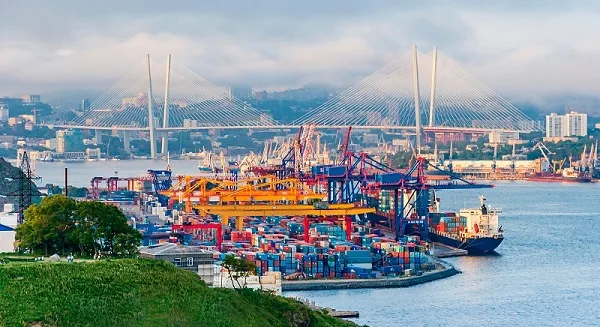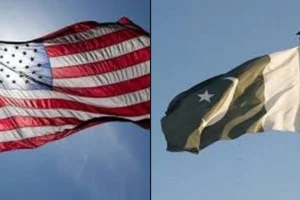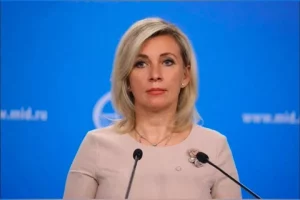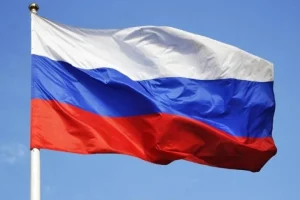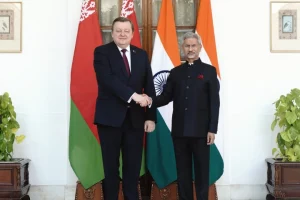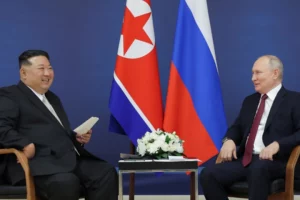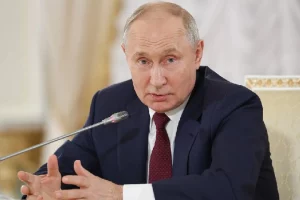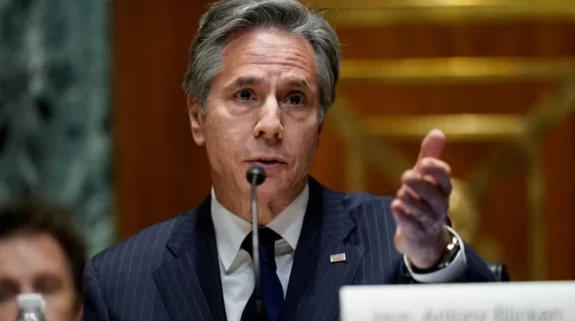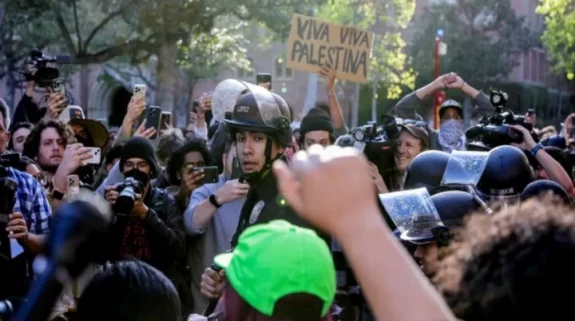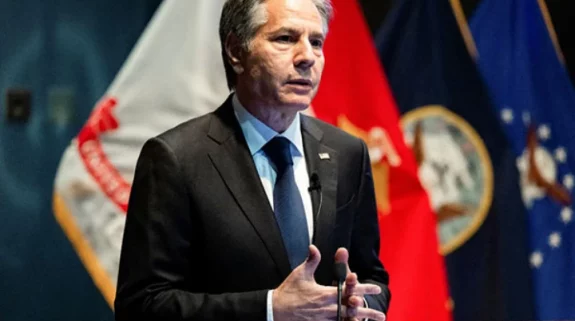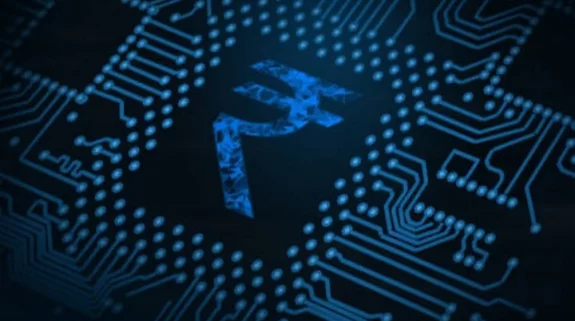Russian transport giant Fesco has launched a new intermodal container route from Belarus to India via Saint Petersburg that will also connect Vietnam and China.
The initial stage includes rail transportation from the city of Vitebsk – the largest railway junction in northern Belarus – to Avtovo port cargo station in Saint Petersburg, Russia’s second-largest city after Moscow located along the strategic Baltic Sea coast.
At the next stage, the containers are reloaded onto Fesco vessels and follow the regular deep sea lines of the group to the Indian port of Nava Sheva in Navi Mumbai.
The vessels then leave for the Chinese ports of Rizhao, Lianyungang, Shanghai, Ningbo and Yantian with the transit time of the entire intermodal transportation being about 50 days.
As part of the route, return loading to Saint Petersburg is provided. In addition, the cargo can also be delivered to the Vietnamese port of Haiphong and other countries in Southeast Asia with reloading at Ningbo in east China’s Zhejiang province.
“The new intermodal route is aimed primarily at manufacturers from the Republic of Belarus, who can transport their goods at an attractive cost and in optimal time due to a small railway leg, bypassing the busy Eastern landfill, and Fesco’s own maritime services, within which we provide customers with a guaranteed capacity on our ships,” said German Maslov, Vice President of Fesco’s linear and logistics division.
The first container train on this route, loaded with 80 TEU of lumber, departed from Vitebsk on June 20 and arrived in Saint Petersburg two days later, from where the consignment departed on a Fesco vessel on June 30 and is expected to arrive at the port of destination Shanghai today.
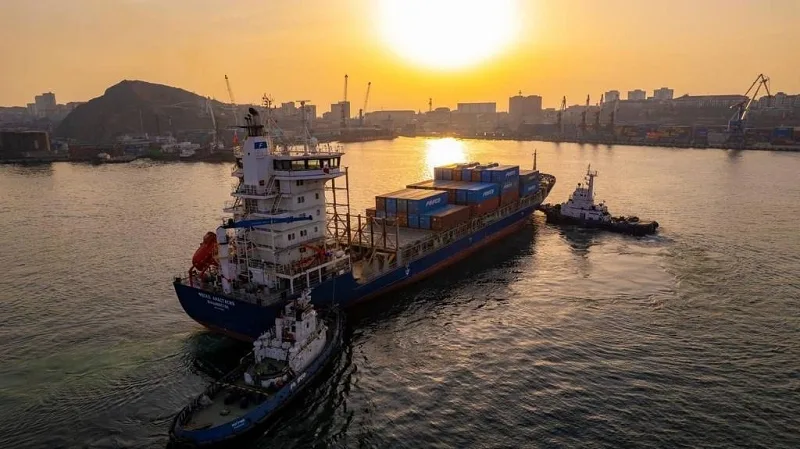 India and Russia recognise the importance of connectivity initiatives, including the International North-South Transport Corridor and the Eastern Maritime Corridor or the Chennai-Vladivostok Corridor (Image courtesy: FESCO)
India and Russia recognise the importance of connectivity initiatives, including the International North-South Transport Corridor and the Eastern Maritime Corridor or the Chennai-Vladivostok Corridor (Image courtesy: FESCO)
Earlier this month, the group announced that it has increased the capacity of the Fesco India Line (FIL) sea line between Russia and India to 1,100 TEU by deploying its own container ship that has reduced transit time from Indian ports to 18 days.
Now the sea service operates along the route Mundra – Nava Sheva – Novorossiysk and in the opposite direction. The company said that initially, the frequency of sending the ship is monthly but will increase to once every two weeks when a second vessel joins the line.
As reported by IndiaNarrative.com, Fesco signed an agreement with an Indian logistics group ‘Saksham’ to develop maritime transportation between the two countries during Russia’s largest transport and logistics exhibition ‘TransRussia’ held in Moscow, earlier this year.
The parties plan to organise direct sea services from the ports of Mundra in Gujarat and Nava Sheva in Navi Mumbai to the Black Sea port of Novorossiysk and Saint Petersburg and in the opposite direction, as well as to conduct a study of the potential cargo base between the ports of Chennai and Vladivostok for the possibility of launching a sea line on this route.
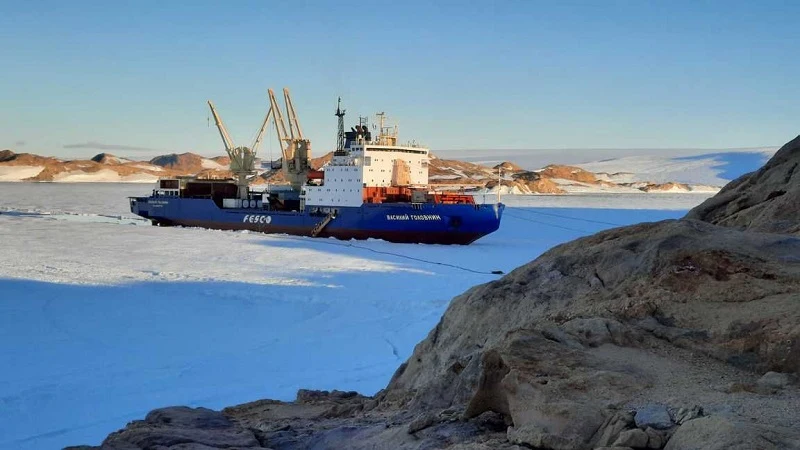
Fesco’s icebreaker ship Vasily Golovnin also carried out the second Antarctic expedition under a new five-year contract with the National Centre for Polar and Ocean Research (NCPOR) – India’s premier R&D institution responsible for the country’s research activities in the polar and Southern Ocean realms – in April.
The container turnover between India and Russia has been growing gradually over the past few years.
In March, External Affairs Minister S Jaishankar spotlighted the development of transport corridors along the India-Russia route and container traffic between Indian and Russian Far Eastern ports during the visit of Alexei Chekunkov, Russia’s Minister for the Development of the Far East and the Arctic, to New Delhi and Mumbai.
The EAM spoke on the importance of connectivity initiatives, including the International North-South Transport Corridor (INSTC) as well as the Eastern Maritime Corridor (Chennai-Vladivostok Corridor) that India believes would play a key role in expanding and diversifying the bilateral trade and economic cooperation.
“The Eastern Maritime Corridor, I think, fits in with our goal, what is called ‘Act East Policy’, as well as the Russian policy of having the Far East come in as an additional driver of the economy. So, I think there is a synergy there which is waiting to be tapped,” said Jaishankar.
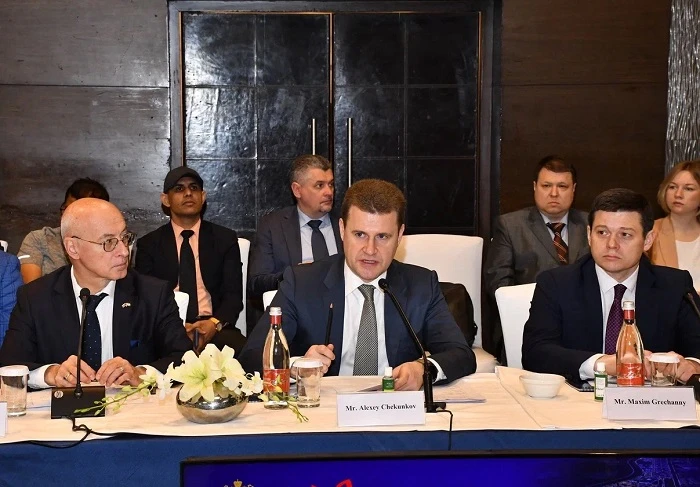
During his India trip, Chekunkov held extended meetings with representatives of Indian companies and also met Ports, Shipping and Waterways Minister Sarbananda Sonowal.
Fesco’s Maslov, who accompanied the Russian delegation, detailed about the group’s intermodal services from India to Moscow, Yekaterinburg, Novosibirsk and Khabarovsk through the main ports of the country.
Also Read : India and Russia plan big on transport corridors — Mundra to Saint Petersburg, Chennai to Vladivostok






